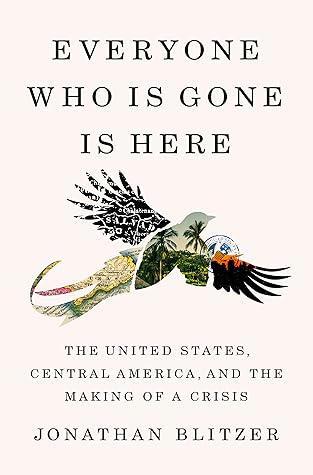According to the act, a refugee was someone outside his homeland, unable or unwilling to return because of either outright persecution or a “well-founded fear of persecution.” Such persecution was defined as being based on “race, religion, nationality, or membership in a particular social group or political opinion.” Immigration lawyers, judges, lawmakers, and government officials would spend decades fighting over the underlying ambiguities. But for the time being, the act represented an unqualified advance in American legal practice. As one congressman pointed out, on the House floor, these
...more
Welcome back. Just a moment while we sign you in to your Goodreads account.


